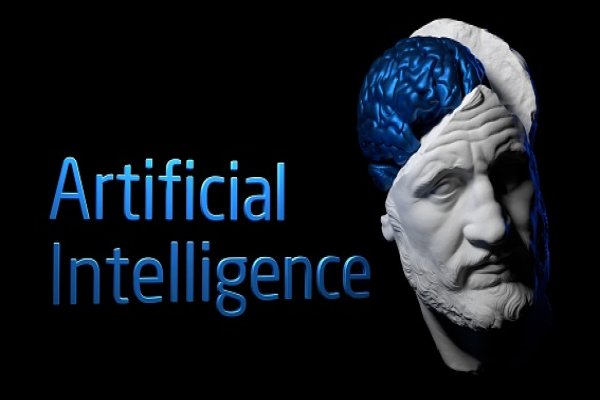ChatGPT has recently been in the spotlight and touted as a cutting-edge technology by many due to its exceptional capabilities. This shows artificial intelligence advancements independently created by OpenAI, equipped with Microsoft’s support and general power to lift questions, defend legal cases, and even create essays.
Artificial intelligence advancements have raised new discussions about when (if ever) they will transform their impact on careers and jobs. Although worries may float around that AI-powered technology can take human occupations, specialists suggest these fears be misguided.
Are You Replacing Or Creating Jobs?
Yes, without a doubt, AI will usurp some employment positions. Leading academics in information systems, such as Steven Miller at the Singapore Management University, state that advances in artificial intelligence are making computing technology capable of more complex feats, leading to a deficit of certain job roles as technology takes precedence over them.
Steven Miller says to CNBC:
“As physical machines, software systems, and combinations of hardware and software get more capable as a result of AI-enablement, it is increasingly possible as well as economically viable to replace a greater share of the portions of the human work of today with machines.”
Miller stresses that different roles face differing levels of susceptibility to automated processes; among those most susceptible are tasks that follow highly restricted implementations or have excessive repetition.
Tasks that necessitate adaptability and flexibility cannot be executed by technology as easily as those which maintain the same parameters over time. As these unpredictable tasks need to adjust for unforeseen circumstances, machines or computers can’t take them over.
A professor of finance at the Kellogg School of Management, Dimitris Papanikloaou, affirms that mainly work involving a heavy human element — for instance, therapy — is unlikely to be replaced by machine or automation technology.
Dimitris Papanikloaou says:
“Jobs that emphasize interpersonal skills are much harder to be replaced by an AI.”
New Jobs On The Horizon?
Steve Chase, consulting leader at KPMG U.S., stated that the concerns raised are not unexpected.
Steve Chase says:
“As with most technological advancements, an initial fear of job loss and displacement among workers is natural.”
Metz states that the rise of AI could cause economic disruption. However, he advises that this alteration has happened before with computers or even more intricate machinery in production plants. He cautions that each phenomenon needs to be carefully observed.
Today, we can’t imagine life without technology transforming work, and the types of jobs people do—leading to some roles becoming obsolete. However, these changes have been made possible due to advances in technology.
Miller acknowledges that this technique is ancient and confirms that introducing new technology has triggered the deletion of some roles over the years and led to the production of other jobs.
Miller went on to say:
“The creation of new jobs resulting from the ability to create and deliver of new types of goods and services … have far outpaced the number of jobs displaced.”
Working With AI, Not Against It
However, AI and its based technology & products still have particular limitations, which Papanikloaou highlighted.
Papanikloaou continues to say:
“I think at the moment we are quite far from ‘real AI’ in the sense that all the models that we have are about predicting the right response given a set of data. Much of what AI does is to synthesize existing knowledge with a specific goal in mind.”
“This is quite far from creating new knowledge.”
“There are far more opportunities for using AI for augmenting the work of human employees than for fully automating the work of humans.”
Rather than entirely replacing them, it is far more probable that people will collaborate with AI in the foreseeable future. Accordingly, working alongside artificial intelligence is viewed as an infinitely preferable situation.
Many firms are leveraging AI to improve their efficiency or assist staff performance, which Chase agrees with.
Papanikloaou adds:
“Leaders are embracing AI to drive material efficiencies for their business and help workers do their jobs more effectively.”
“Leveraging AI allows organizations to reconfigure roles in a way that minimizes time spent on repetitive tasks and maximizes strategic decision making.”
For industry leaders to make the most of Artificial Intelligence, companies must be willing to adapt by providing their employees with knowledge and opportunities to develop skills related to AI technology employed responsibly. Several corporations have begun taking steps in the right direction by building frameworks and guiding AI adoption.
Using AI algorithms and the technology based on them, while they may not replace people’s jobs, could soon become part of regular working life. So, potentially it may occur sooner rather than later in the future.
As we’ve seen, AI is set to change the world as we know it. But what does that mean for you and your career? Only time will tell. For now, all you can do is keep up with the latest advancements in AI and be ready to adapt to a future where machines are increasingly doing the jobs currently performed by humans. With that said, machine learning cannot replace many aspects of our lives – so don’t worry about being replaced by a robot just yet!
Source: CNBC



